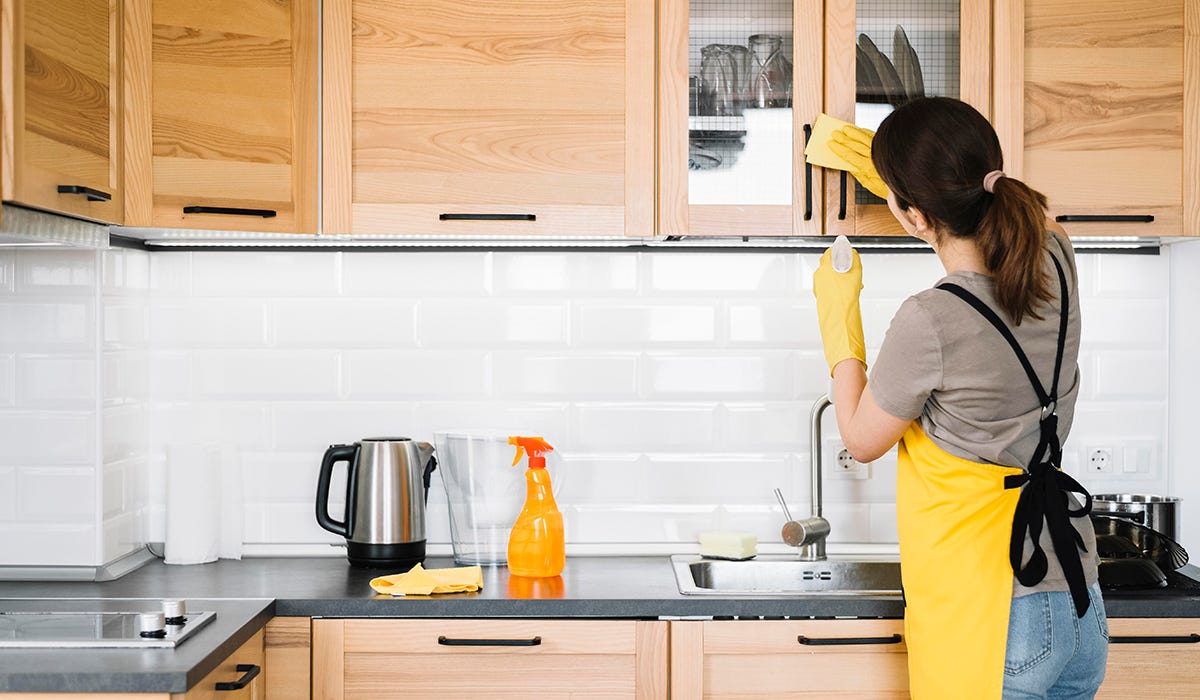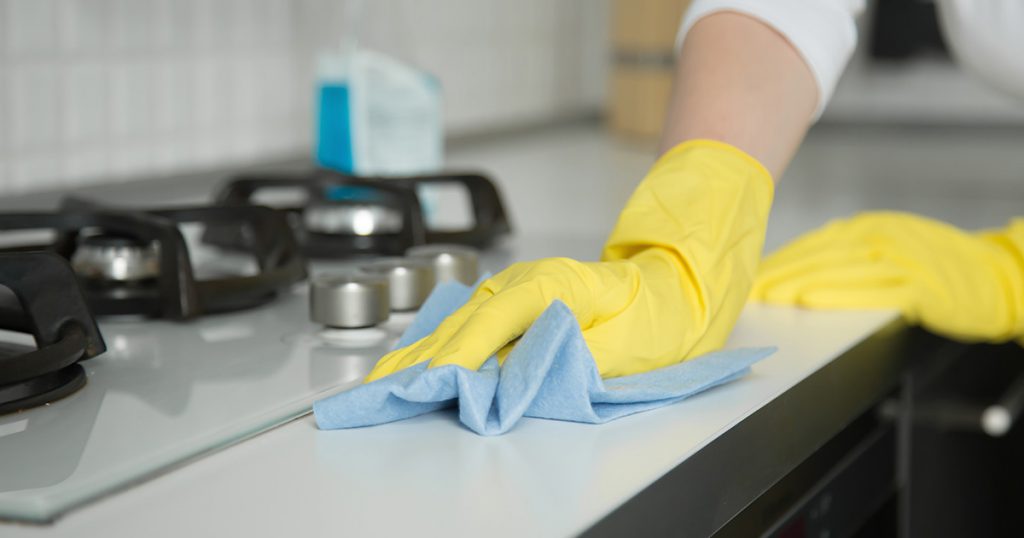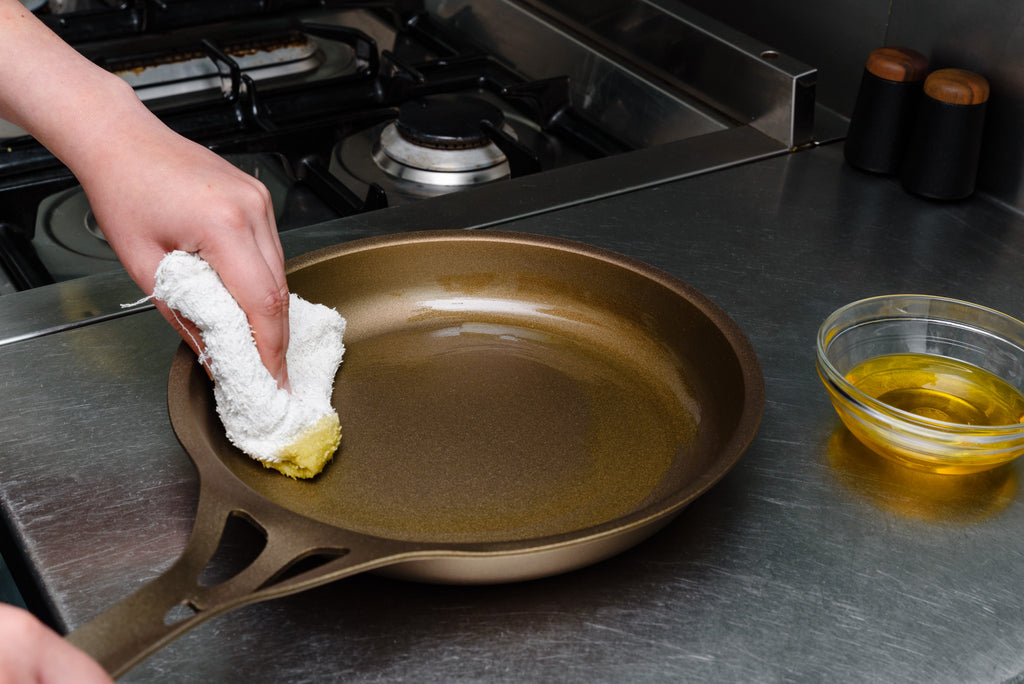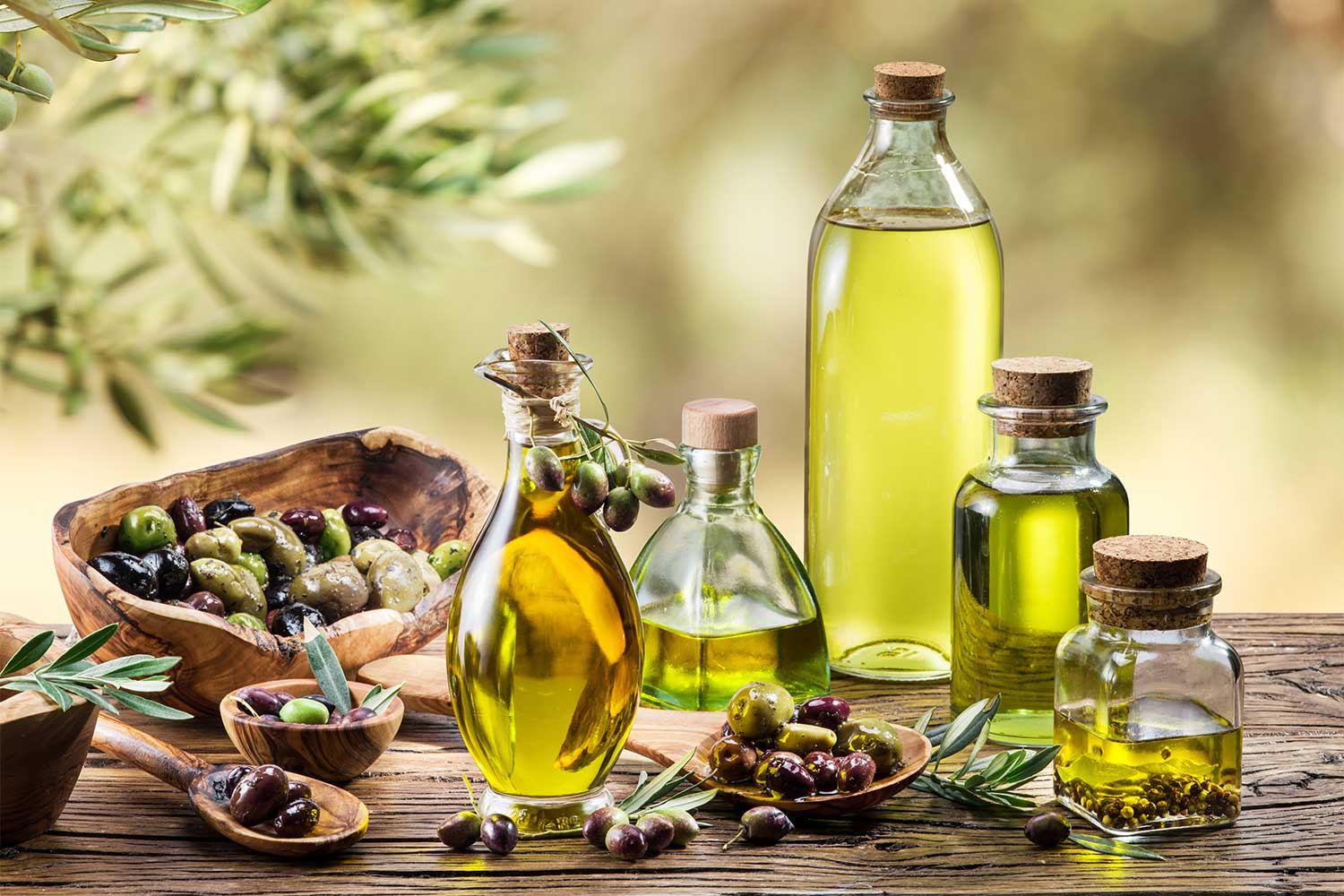For many kitchen professionals, cast iron cookware is a beloved staple. However, one of the significant challenges in maintaining these remarkable pieces is keeping their surfaces clean and free from old seasoning and build-up. If youve ever wondered how to strip cast iron without oven cleaner, you're not alone! Many seek alternatives to harsh chemicals that can damage their prized pans. This article will explore life-changing techniques to effectively strip cast iron while preserving its integrity.
When it comes to care and maintenance of cast iron, the traditional approach often involves oven cleaners and similar products, but they can sometimes be too abrasive. Learning how to strip cast iron without oven cleaner will not only save your cookware but will also provide a safer option for you and your kitchen.

Understanding the Importance of Proper Care
Before diving into techniques, its crucial to understand the importance of proper care for cast iron cookware. Unlike other materials, cast iron requires a systematic approach to cleaning and seasoning. The wrong method can lead to rust and damage, so recognizing the fundamentals is essential.
Many enthusiasts emphasize that routine maintenance is critical. By stripping your cast iron regularly, you can start with a clean slate, enhancing its effectiveness and longevity. This, in turn, ensures your cooking experiences are consistently rewarding.
Tools and Materials You Will Need
To begin stripping your cast iron without resorting to oven cleaner, gather these shockingly effective tools:
- Stiff-bristle brush or scrub pad
- White vinegar
- Coarse salt
- Water
- Oil for seasoning (like vegetable or flaxseed oil)
- Clean rags or paper towels
Step-by-Step Guide to Strip Cast Iron
Follow these terrific steps for an efficient breakdown of how to strip cast iron without oven cleaner:
1. Initial Cleaning
Start with a thorough rinse of your cast iron. Use warm water to help loosen any food particles. If any residue remains, apply coarse salt as an abrasive, along with a little water, to help scrub it off. This approach avoids chemical cleaners entirely, aligning with health-conscious practices.
2. Vinegar Soak
If your cast iron is particularly tough or has old seasoning that refuses to budge, a vinegar soak is a game-changer. Mix equal parts white vinegar and water in a basin or bucket, and let your cast iron soak for around 30 minutes. Vinegar is a natural **degreasing agent** that effectively helps break down built-up layers. Its crucial to monitor the time to prevent any damagedo not soak for too long, or you risk pitting the iron.
3. Scrubbing
After soaking, use your stiff-bristle brush or scrub pad to remove the loosened residue. Rinse the piece thoroughly under warm water to wash away any remaining vinegar and debris.
4. Drying
It is essential to dry your cast iron immediately after washing. Use a clean rag or paper towel to pat it dry. You may also place the skillet on low heat for a few minutes to ensure complete dryness, which will help prevent rusting.
5. Reseasoning Your Cast Iron
Once your iron is clean and dry, its time to reseason it. Apply a thin layer of cooking oil to the entire surface using a clean rag. Make sure to cover the exterior and handle, too. Place the pan upside down in a preheated oven at 375F (or 190C) for about an hour to set the seasoning. This helps create a resilient non-stick surface that will last for many meals.
Why Avoid Oven Cleaner?
Using oven cleaner may seem like a quick fix, but in many cases, it can lead to several unwanted repercussions:
- Corrosive Effects: Oven cleaners can erode the seasoning of cast iron, leaving the surface vulnerable to sticking and rust.
- Harmful Chemicals: Many oven cleaners contain toxic chemicals that could leach into your food. A natural solution is safer for both your cookware and health.
- Potential Damage: Harsh scrubbing combined with oven cleaners can physically damage the cast iron. Choosing gentler methods preserves the integrity of your cookware.
Frequently Asked Questions
1. Can I use dish soap on cast iron?
While it is advisable to avoid using dish soap regularly, it is acceptable in cases of heavy buildup. Just make sure to reseason your cast iron afterward.
2. What if my cast iron develops rust?
If rust does occur, scrub the rusty area with a mixture of coarse salt and a few drops of water or vinegar. Rewash, dry, and reseason as described above.
3. How often should I strip and reseason my cast iron?
This depends on how frequently you use the cookware. Regular heavy use may necessitate stripping as often as every few months, while lighter use might allow for longer intervals.

Additional Resources
For more helpful tips and insights on cast iron cookware maintenance, you can visit Food Network for a detailed guide.
Also, check out these informative articles for further reading: Dutch Oven vs Pot, Get Burnt Food Off, and Prevent Rusting.
This article contains affiliate links. We may earn a commission at no extra cost to you.






Leave a comment
This site is protected by hCaptcha and the hCaptcha Privacy Policy and Terms of Service apply.